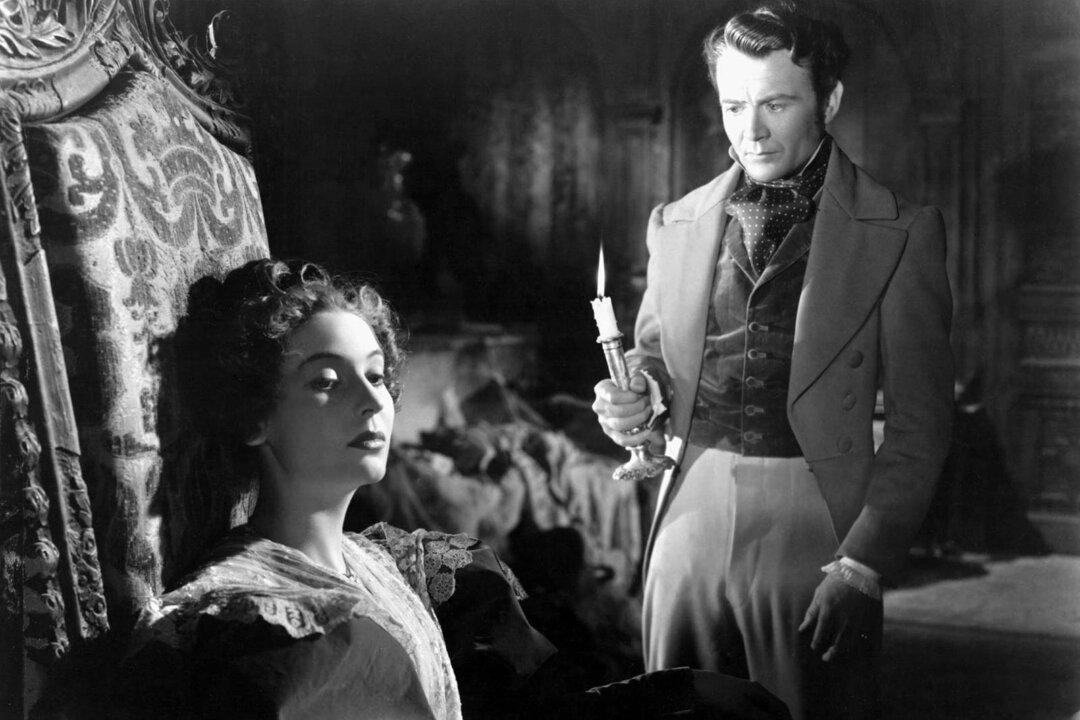NR | 1h 58min | Drama | 1946
In the 19th century, Charles Dickens’s novel “Great Expectations” looked at misandry, the unjustified hatred of men, and the devastation it wreaks on both sexes that’s so rampant in the 21st. David Lean’s Oscar-winning film (in cinematography) celebrates Dickens’s prescription for connection, not conflict, between women and men. Lean’s slimmer coming-of-age story is one of the most prophetic of that novel’s numerous adaptations.





